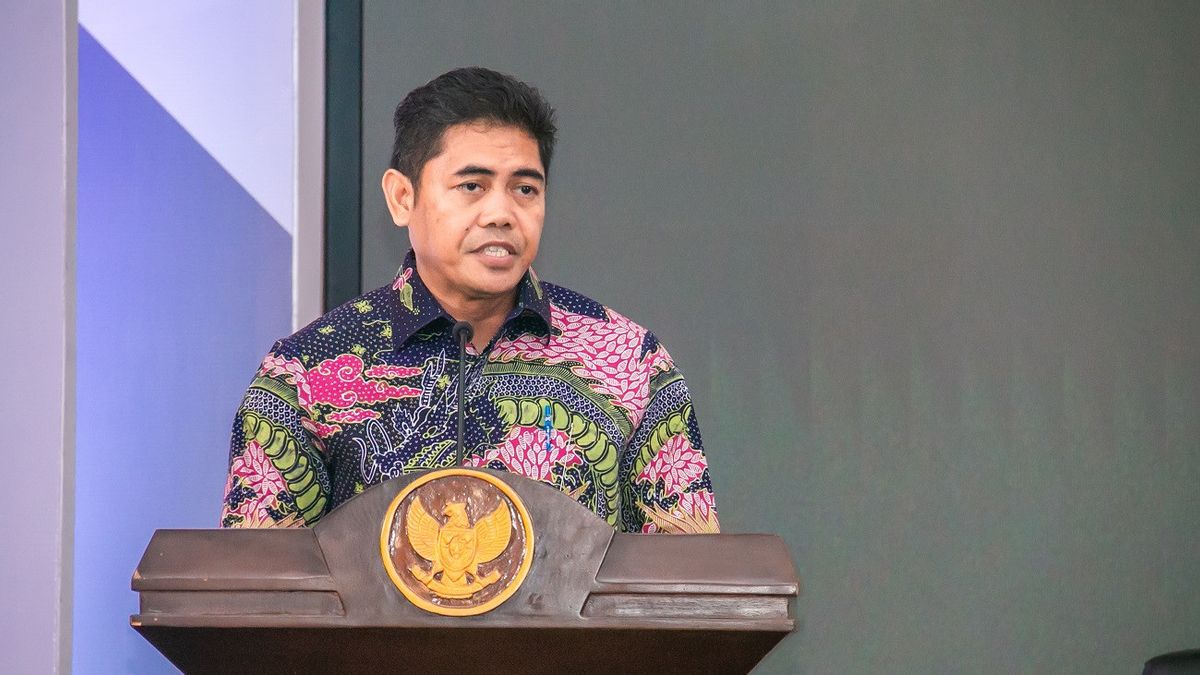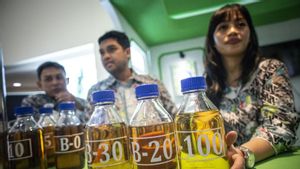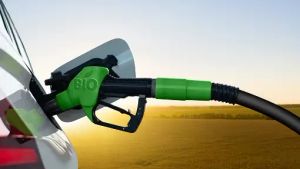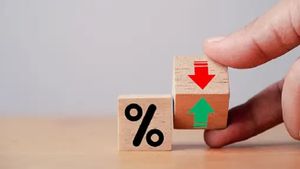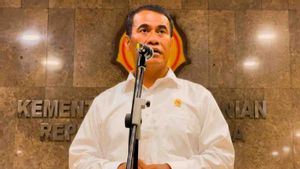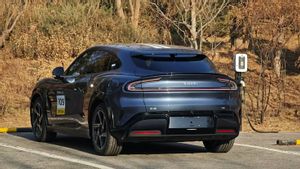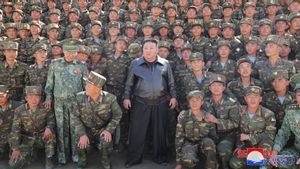JAKARTA - The Ministry of Industry (Kemenperin) together with the South Korean government synergize to utilize New Renewable Technology and Energy (EBT) in the manufacturing industry.
The Director General of Resilience, Region and International Industrial Access (KPAII) of the Ministry of Industry Eko SA Cahyanto said that opportunities for cooperation between Indonesia and South Korea in the industrial sector still need to be optimized to provide comprehensive benefits for both countries.
"Therefore, the Ministry of Industry encourages the government to work together with business representatives and industry players from the two countries to actively explore the potential and involvement of a deeper economy, especially in industrial cooperation," said Eko in a written statement, Thursday, June 22.
Eko said, to achieve the net zero emission (NZE) target in 2060, the Indonesian Government is implementing five main principles, namely increasing the use of EBT, reducing fossil energy, utilizing Carbon Capture and Storage (CCS), increasing the use of electricity in households and industries, and developing electric vehicle infrastructure in the transportation sector.
"In addition, the Indonesian government is trying to achieve nationally determined contributions (NDC) in the form of reducing CO2 emissions by 358 MtCO2 by 2030," he said.
The NZE and NDC targets can be achieved through decarbonization strategies, such as the implementation of government regulations related to the development of new and renewable energy, efforts to replace and find other alternatives to the use of coal-fired power plants, utilization of CCS by the oil and gas industry sector.
اقرأ أيضا:
Then, the implementation of energy management, the use of electric battery-based vehicles, as well as the implementation of Minimum Energy Performance Standards (MEPS).
For your information, bilateral relations between Indonesia and South Korea have been established for 50 years and the partnership between the two countries is further strengthened by the agreement of the Indonesia-Korea Comprehensive Economic Partnership Agreement (IK-CEPA) which was officially implemented on January 1, 2023.
This bilateral association also reflects the close relationship between the special strategic partnerships that have been owned by the two countries since 2017, and is the right momentum to strengthen each other's economic relations, especially industrial cooperation and investment in the future.
The English, Chinese, Japanese, Arabic, and French versions are automatically generated by the AI. So there may still be inaccuracies in translating, please always see Indonesian as our main language. (system supported by DigitalSiber.id)
